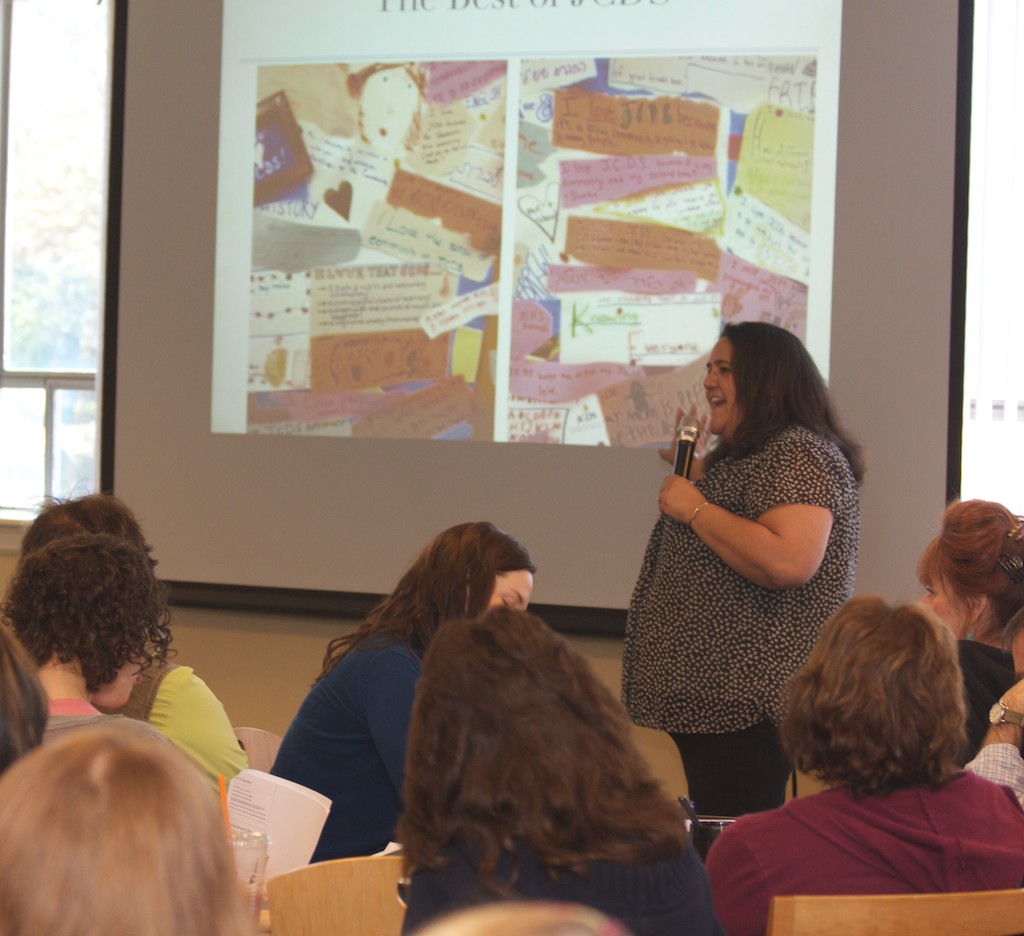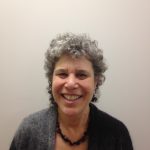
Byadeinu Initiative
 By: Renee Rubin Ross and Sandy Edwards
By: Renee Rubin Ross and Sandy Edwards
In November 2011, the Jim Joseph Foundation, in collaboration with the Ruderman Foundation, awarded a grant to Combined Jewish Philanthropies (CJP), Gateways: Access to Jewish Education, and the Yeshiva University Institute for University-School Partnership to pilot the B’Yadenu Demonstration Project. The goal of the grant was to create an effective, sustainable, and adaptable model to provide day school education to an increased number of students with a wider range of special learning needs. As described previously by Project Director Dr. Alan Oliff, B’Yadenu encompasses “six day schools in the (Boston) area working to implement school-wide change so that educators build their skills and capacity to meet the needs of diverse learners.”
Integral to each major grant awarded by the Jim Joseph Foundation is an independent evaluation, which is designed to provide data and  analysis to the grantees as they implement the initiative. The evaluation is also part of the process of documenting the B’Yadenu model so that it can be disseminated to other communities and schools.
analysis to the grantees as they implement the initiative. The evaluation is also part of the process of documenting the B’Yadenu model so that it can be disseminated to other communities and schools.
All of these components—evaluation, model documentation, and model dissemination— are integral to our grantmaking approach and indicative of our goal to share successful strategies with the entire field. In that spirit, we are excited to share some early learnings from the baseline evaluation surveys of each participating school’s staff, faculty, students and parents and school observations by the evaluation team, Goodman Research Group.
First, whole school change involves culture change, which depends on effective communication systems both formal and informal. The baseline survey explored the nature of informal networks within each school: All teachers and staff members were asked which other staff member they turn to for help and information. An analysis of these responses yielded a diagram of networks of staff members that are connected or not connected to each other. We learned that most schools have one larger network comprised of many connected staff members, one or two smaller networks disconnected from the larger one, and a few staff who are not connected to any network.

Nancy Mager, Gateways’ Director of Jewish Education Programs, is presenting an introductory workshop to teachers at JCDS on strategies for improving the behavioral climate in their classrooms. (credit: Beth Crastnopol)
The network analysis is a tool for each school’s B’Yadenu leadership team (a representative group of staff members including school leadership, administrators, faculty) to understand how to engage the whole school staff in the work of B’Yadenu. With this analysis, the leadership teams now know the structures in place—or not in place—to ensure alignment across grade levels and content areas. In order for B’Yadenu to result truly in whole school change, the leadership teams need to understand how the instructional staff and the non-instructional staff intersect and communicate with each other.
Second, research shows that diversity of instructional materials and types of pedagogy is beneficial for all students, and is particularly important for students with special learning needs. In order to analyze the use of diverse instructional materials and pedagogy, project evaluators conducted “learning walks” to observe teaching throughout the school. Overall, teachers were consistent in utilizing visual supports for learning—particularly written notes—and were less consistent in their use of auditory or tactile learning supports. Interestingly, when surveyed, teachers at every school overestimated the diversity of learning supports they utilized! This “miscalculation” is an opportunity for the B’Yadenu Project leadership team and evaluators to begin a conversation with teachers about classrooms practices that support all learners—and to provide professional development for teachers to use the wide array of supports and methodologies available to diversify their instructional practices.
These examples of early observations and learnings from the B’Yadenu Demonstration Project baseline study will support the continued implementation of the initiative and design and approach to professional development. Not incidentally, the thoughtful planning and collaboration that took place among CJP, Gateways, Yeshiva University, and others before the project started, made possible by support from the Ruderman Family Foundation, were critical to setting these schools on a path of learning, growth, and increased ability to serve special needs learners and all learners.
Dr. Renee Rubin Ross, Program Officer at the Jim Joseph Foundation, and Dr. Sandy Edwards, Associate Director at the Jim Joseph Foundation, are working with CJP on the B’Yadenu Demonstration Project. Follow the foundation on Facebook and connect with them on Twitter.
About the author
Stay Included
To stay up to date on our most recent advocacy efforts, events and exciting developments, subscribe to our newsletter and blog!



















